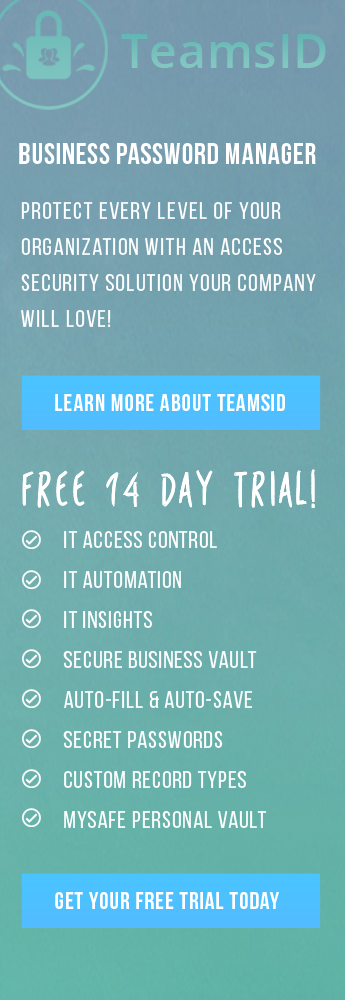The starting point of Internet banking normally involves the creation of a password and various other login details. It stands to reason that it’s important that you create passwords and passcodes that aren’t easily guessable by other people. For example, don’t choose your debit card PIN, year of birth, or consecutive numbers (such as 1234) as your passcode and don’t choose the name of your favourite sports team as your password. Internet security experts usually advise that passwords contain a mix of letters and numbers and you can also employ upper and lower casing to add an extra level of security. There is a balance to be struck, however, between security and usability. A password of H7fg23Pwe might be very difficult for a fraudster to guess but it will probably also be next to impossible for you to remember. You should also avoid reusing passwords that you use for other websites. The more places that you register your password with, the more opportunities there will be for that password to become compromised and, of course, the more severe the consequences may be. Avoiding having your security credentials compromised: Having created your login passcodes and passwords, it’s obviously important that you ensure that you’re the only person who knows them. To safeguard this, it is recommended that you don’t write down your login credentials. You also must avoid telling other people your login details. A really key thing to note here is that your bank will never ask you to divulge those sensitive security credentials to a member of staff. You will only ever be asked to provide them via the login screens of the online banking site. Most people, by now, have heard of phishing, which is where fraudsters try to trick people into divulging their security details. This is usually attempted by sending an e-mail, purporting to be from your Bank which asks you to click through to a web page that will ask you to divulge your online banking credentials. When you received such e-mails, you should simply delete them and you should avoid clicking on any links contained within them. Similarly, if you receive an unexpected phone call from someone purporting to be from your bank, then you should refuse any requests to reveal for online banking security details.Read more: http://www.helium.com/items/1927127-safe-security-for-online-banking
There are various protocols that should be observed to ensure that you can benefit from the many advantages that online banking offers without suffering the heartbreak of having your funds cleared out.
Creation of effective security credentials:
Facebook Comments
Good security practices for online banking- helium.com
